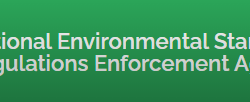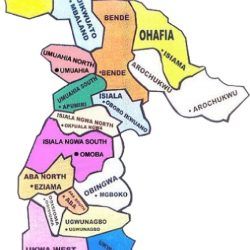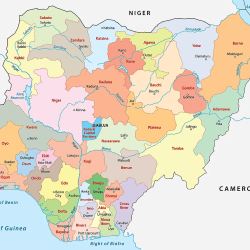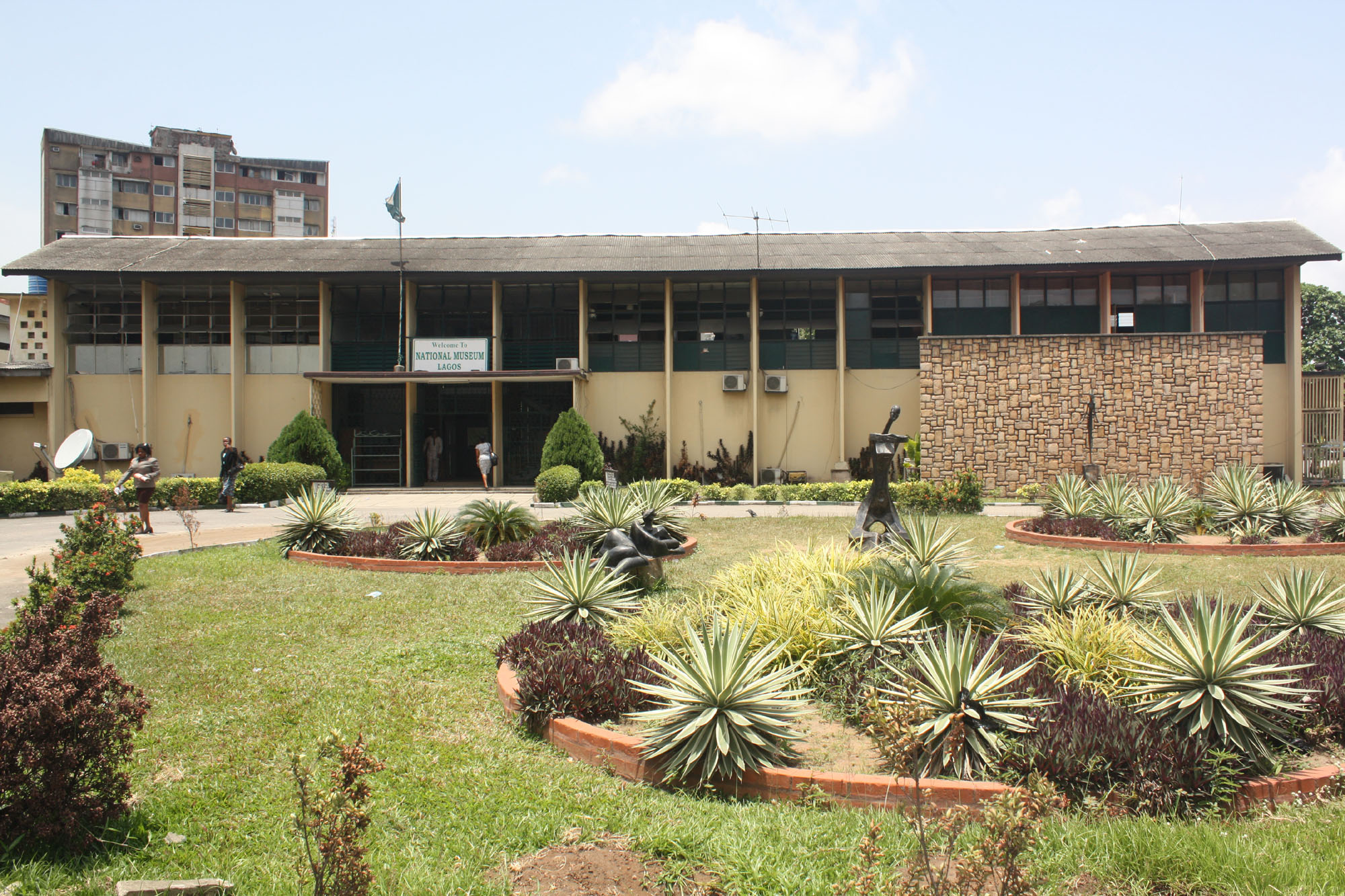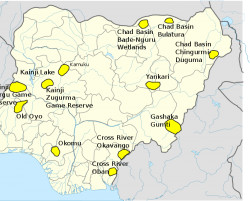In addressing the need for an enforcement agency for environmental best practices compliance, the Federal Government in line with section 20 of the 1999 Constitution of the Federal Republic of Nigeria, established the National Environmental Standards and Regulations Enforcement Agency (NESREA) as an Agency of the Federal Ministry of Environment.

Nigeria spans about 924,000 square kilometers of land area with ecological zones ranging from the dry savannas in the north, to the water abundant Niger Delta which is rich in energy and mineral deposits.

Nigeria possesses a well endowed environment and natural resource base both renewable and non-renewable, and has remained a key player in all global environmental initiatives since the 1970’s.
In 1987, Nigeria took a giant leap by becoming an environmentally conscious nation following the dumping of toxic waste in Koko village, in Delta State. The country was before this incident, ill-equipped to manage such environmental crisis, as there were no institutional capacity and legislations to address such matters.
Consequent upon the Koko toxic waste episode, was the promulgation of the Harmful Waste Decree 42 of 1988, which facilitated the establishment of the Federal Environmental Protection Agency (FEPA) through Decree 58 of 1988 and 59 (amended) of 1992.
FEPA was charged with the overall responsibility for environmental management and protection. In the wisdom of Government, FEPA and other relevant Departments in other Ministries were merged to form the Federal Ministry of Environment in 1999, but without an appropriate enabling law on enforcement issues.
This situation, however, created a vacuum in the effective enforcement of environmental laws, standards and regulations in the country.
